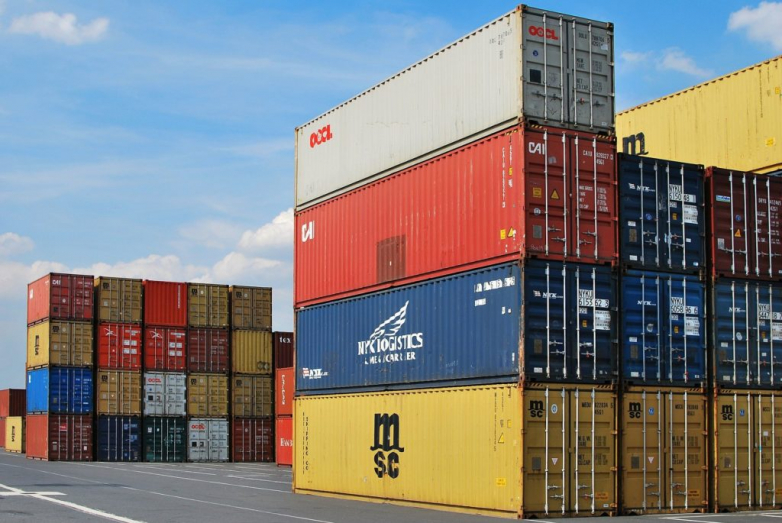US anti-forced labour regulation gathers momentum as new bill passes House of Representatives
- The United States House of Representatives has actually passed the Uyghur Forced Labour Prevention Act, which aims to ban imports from China's Xinjiang region, by a frustrating 428-1 in an action that can have serious consequences for the nation's solar industry.

For the act to come to be legislation, it must likewise pass the Senate and also be signed by US President Joe Biden, however a similar, yet separate bill-- tabled by Republican Senator Marco Rubio-- has actually currently garnered assistance in the Senate.
If come on full, the bill would certainly require the Department of Homeland Security develop a list of entities that work together with the Chinese government in Xinjiang and ban those goods from going into the US.
A "rebuttable anticipation" clause presumes that all products stemming from Xinjiang are made with forced labour, as well as are therefore banned, unless the United States Customs as well as Border Protection (CBP) commissioner gives an exception.
Republicans had previously accused Biden as well as the Democrats of dragging their feet on the treatment of Uyghurs in Xinjiang, asserting activity on the subject to be potentially harmful to the President's clean power objectives.
Last month, Democrat Senator Jeff Merkley stated "hesitancy" for the Biden management was to concerns concerning "crucial supply chains and the capability to clearly develop what material items have been tainted by forced labour".
But the Bill does consist of some exemptions. If the CBP commissioner figures out "by clear as well as persuading proof" that the imported items were not the item of forced labour after that importation can go on.
The Bill said: "Forced labour exists within the Xinjiang Uyghur Autonomous Region's system of mass internment camps, and throughout the region.
" It is the policy of the United States to ban the import of all items [...] made, wholly or partially, forcibly labour from individuals's Republic of China as well as especially any kind of such goods [...] created in the Xinjiang Uyghur Autonomous Region of China."
The Bill was authored and introduced by autonomous Congressman James McGovern, chairman of the House Rules Committee and co-chair of the Congressional-Executive Commission on China.
" Say goodbye to company customarily," said McGovern. "I am particularly thankful to Speaker Pelosi for her longstanding and also right-minded management on this issue as well as for getting it to the flooring for a ballot, as well as I urge the USA Senate to swiftly pass this bill as well as get it to President Biden's desk for his signature."
Jenny Chase, head of solar evaluation at research organisation BloombergNEF (BNEF), said that the Bill passing the House is most likely mainly expected: "I think makers have currently been preparing to divide their supply chains for the US and also for various other markets in the event of solid regulations passing, specifically as modules have actually already been stopped at the border for not being able to show Hoshine-free supply."
Solar manufacturers are already browsing complex import limitations relating to items from some Xinjiang-based polysilicon suppliers following this summertime's Withhold Release Order (WRO), which restricted the importation into the United States of silica-based items made by Hoshine Silicon Industry Co. or any one of its subsidiaries.
While some makers are functioning to establish supply chain openness and provide documents enough to verify there are no connections to forced labour in their supply chains, this is widely understood to be a complicated procedure that might still be months far from remaining in place.
JinkoSolar, for example, has seen its module shipments confiscated in relation to the WRO as well as has reacted by working to establish an incorporated supply chain beyond mainland China-- with polysilicon sourced from Wacker Chemie in Germany-- nonetheless the supplier does not anticipate this product to be generating at volume up until the 2nd half of next year.
